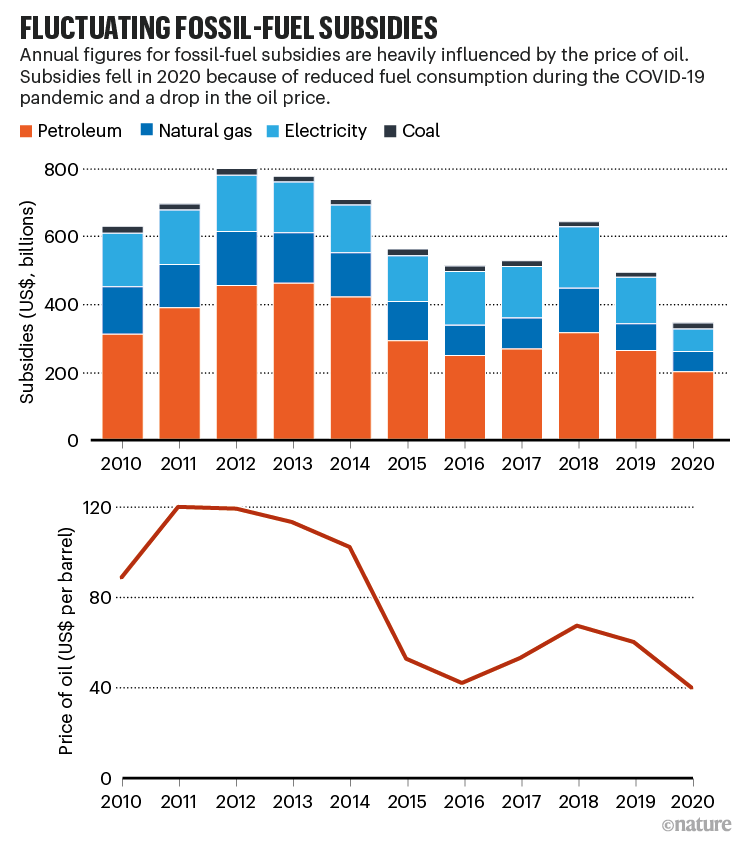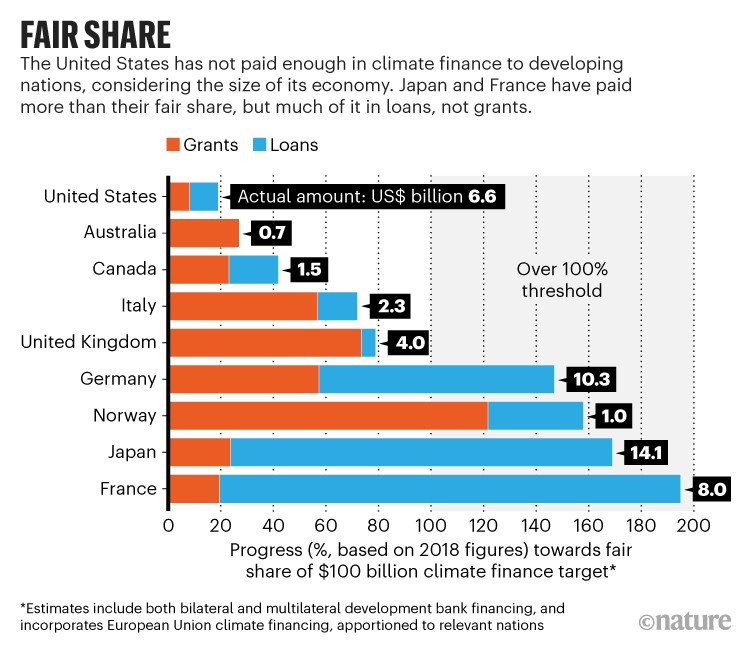I remember when I've posted that global warming is a myth ... man what an idiot I was - sorry , just a reflection

It is very real and let's hope we will not end up like Mars is now -barren planet , not able to support life.
More on topic - I wanted to ask : what do You think about rich CO2 environment decreases nutrients value of plants (is it true ? just the thing I've heared) , plainly speaking the same vegetable or fruit was able to nourish people more in the past and less now : why do You think that is ? Plants reaction on rich CO2 environment is a peculiar one I think , so we might expect something yet unexpected in plant life, unless due to a destruction of our protective ozone layers the solar radiation get's us and we're done for.
If you eat vegetables etc from NL grown in greenhouses, (not the greenhouse effect but those glass houses to grow food), your vegetables were grown at increased CO2 levels.
The greenhouses are warmed up with gasfuelled heaters and the exhaust (CO2 gas and H20 vapour) is used to enrich the air for faster growth. The vegetables acting as CO2 sink.
A very green way to increase productivity because the throughput of grown food per invested capital and workers time is increased. Both contain embodied energy and the embodied CO2 footprint per kilo vegetable is decreased.
Now... when you look at the (micro) nutrient level, it depends on "how" you supply nutrients to the crops and what kind of variety of crop you use.
Our Dutch tomatoes 20-30 years ago were famous because of nice looking and big but were tasting like water. In effect we transported natural gas to other countries in the form of tomatoes (our natural gas price low because of the big natural gas sources in NL).
With better variety choices we now also compete on taste quality and not only any more on price per kilo.
Besides the variety choice the biggest and easiest way to improve nutrient content in many vegetables is to harvest them before they are really fullgrown. In indoor greenhouses you can initiate the riping process at will fitting the size you want.
Baby asperges, baby Romaine lettuce, baby this and that have much higher micronutrient content.
Small apples (whole eaten incl peel) have in general much higher micronutrient content than big blown up apples.
Baby and mini vegetables BTW a new growth market for farmers and retail-groceries:
Because households sizes decrease from less children more divorces longer delay living together... more singles... AND many people do want to eat fresh vegetables and not three days in a row that cauliflower etc, mini varieties are being cultivated and are now getting hold in retail (in NL).
What will happen, and has already happened in outdoor growth of vegetable food is basically driven by indeed that CO2, but also by nutrient content in the soil.
Our soils are getting depleted from many harvests over the decades and centuries and here and there over the milennia. The FAO (UN agriculture division) estmates we have globally for on average 60 more harvests in our soil.
You can compensate with fertilisers the most basic nutrients, but not all the many minerals that plants need and we need in them as food !!!
Giving a full scope mineral fertilising addition will be too expensive in outdoor farming until we recycle our human faeces into fertilisers (but how to deal with all the Pharma products in human faeces ???).
=> Indoor farming has the future for many reasons !!!
Multi-layered, fully automated, not far from big cities.
EDIT
Looked on it in a grander style:
You will see big "lights out" relatively cold and possibly even O2 deprived warehouses for goods not to far from cities at logistic hub nodes.
And big "lights on" warehouses for the vegetable food nearby the big recycling and drinking water plants.
All very much based on "just in time"
In effect the flower and house plants business is NOW already based on that total "just in timer" production. Aalsmeer and Schiphol the main hub of this global chain.
Individual small flowershops order their flowers etc in a website portal, and that drives the planning of the flower greenhouses and the planning of the logistics to that individual flower shop around the corner of your house.
 It is very real and let's hope we will not end up like Mars is now -barren planet , not able to support life.
It is very real and let's hope we will not end up like Mars is now -barren planet , not able to support life. It is very real and let's hope we will not end up like Mars is now -barren planet , not able to support life.
It is very real and let's hope we will not end up like Mars is now -barren planet , not able to support life.





 .
.